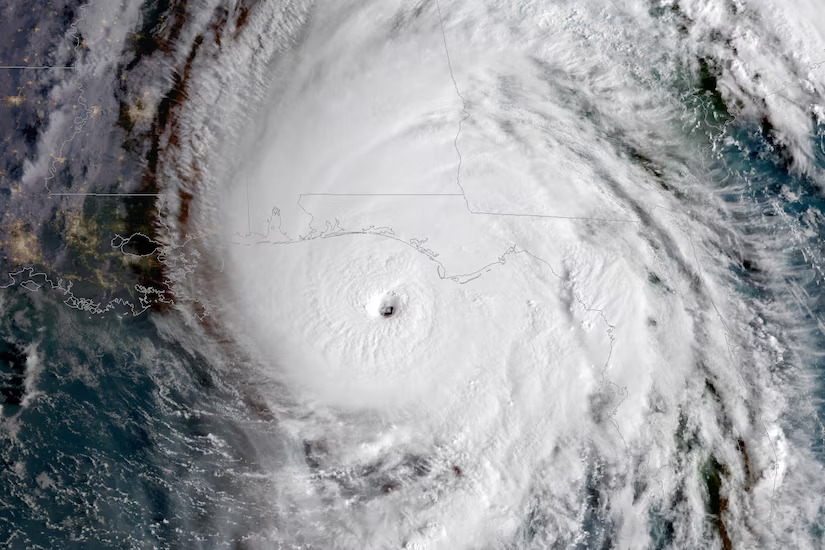
Officials: Prepare now for hurricane season
By Emily Hileman, Fort Jackson Public Affairs
The Atlantic hurricane season began June 1 and continues until Nov. 30. The National Oceanic and Atmospheric Administration has predicted a 40% chance of a near normal season, but what does that mean?
Although the Midlands may feel safe from hurricanes at just over two hours from the nearest coastal city, the area is not completely out of the woods. In 2015, a cold front formed into a storm near the Florida-Georgia border. This storm collided with moisture from Hurricane Joaquin over the Bahamas and resulted in historic flooding in the Midlands.
Even if a hurricane makes landfall in Florida, the aftermath can create a series of storms, rains, floods and even tornadoes hundreds of miles inland. Luckily, once a hurricane moves inland, it can’t draw on the heat energy from the ocean. This lack of heat weakens the storm and rapidly reduces it’s rating and affects.
When do hurricanes affect South Carolina the most?
If weather conditions line up just right, hurricanes are possible at any time of year. “South Carolina is mostly affected by hurricane activity in September,” said Ray Domenech, emergency manager for Fort Jackson. “Hurricanes are predictable and suffering can be reduced by preparing and by listening to the weather forecast.”
What does Fort Jackson do to prepare for hurricanes?
Fort Jackson reviews and distributes the Severe Weather Emergency Action Plan, conducts exercises, publishes a Hurricane Season Guide and more, Domenech said. On top of ensuring the safety of the Fort Jackson community, it also serves as a safe haven for sister services stationed along the South Carolina coast.
“There are five safe havens on Fort Jackson which are activated and managed in accordance with the Safe Havens Operations Plan,” he said.
Well before the hurricane makes landfall, the Fort Jackson Emergency Management Program informs the community as soon as a hurricane is located by the National Hurricane Center, Domenech said.
“We send updates as the hurricane changes category or direction and as it gets closer to South Carolina,” he added.
What can I do to prepare for hurricanes?
If this is your first hurricane season, it can be scary, but preparation is key. The first thing to do if you have a Common Access Card is ensure you’re enrolled in the Alert! Notifications system at https://alertservices.csd.disa.mil/ Domenech said. Also download the Digital Garrison app, which does not require a CAC, to stay up to date on all For Jackson news and updates.
Next, develop an action and communications plan. Write down emergency phone numbers and post them on the refrigerator and save them in your cell phone. Mark a designated meeting place in case of phone outages and make sure all family members know the plan and their role. Locate the nearest emergency shelter and map out different routes you can take to get there from your home and places of work.
Check out Ready Army at https://ready.army.mil/ for resources and ideas to develop a proper plan. Ensure that pets, special needs, young children and elderly family members, are considered when developing your plan.
The third step to proper hurricane preparation and safety is to build an emergency preparation kit. Kits should include two gallons of water per person per day for three days (That means a family of four would need a minimum of 24 gallons of water), nonperishable food items for at least three days, important papers (e.g. driver’s license, birth certificates, passports, medical insurance documentation, etc.), first aid kit, cash in small denominations and a battery-operated radio with spare batteries, just to name a few items.
Individuals should also be aware if you’re in a flood-prone area and know the location of the nearest medical facility as well as the closest emergency shelters.
“Hurricanes are predictable,” Domenech said. “Suffering can be reduced by preparing and by listening to weather forecasts. Lives have been lost due to lack of preparation and negligence.”
Luckily, that means lives can easily be saved with proper knowledge and some preparation. Domenech added that individuals should listen to television or radio weather channels as well as keep an eye on your local news to stay abreast of current information.


